Authorized by the Prime Minister, Minister of Public Security To Lam has just reported on receiving and explaining opinions of the National Assembly Standing Committee on the draft Law amending and supplementing a number of articles of the Law on Exit and Entry of Vietnamese Citizens and the Law on Entry, Exit, Transit and Residence of Foreigners in Vietnam.
On May 12, the National Assembly Standing Committee gave its opinion on the draft law, including a proposal to add more specific and convincing arguments on the proposal to regulate the duration of electronic visas from no more than 30 days to no more than 3 months and the duration of granting temporary residence certificates at border gates for people entering under unilateral visa exemption from 15 days to 45 days.
Regarding the proposal to increase the duration of e-visas from no more than 30 days to no more than 3 months , the Government said that over the period of implementing e-visa issuance, from the pilot phase in 2017 to present, the number of foreigners requesting e-visas has increased.
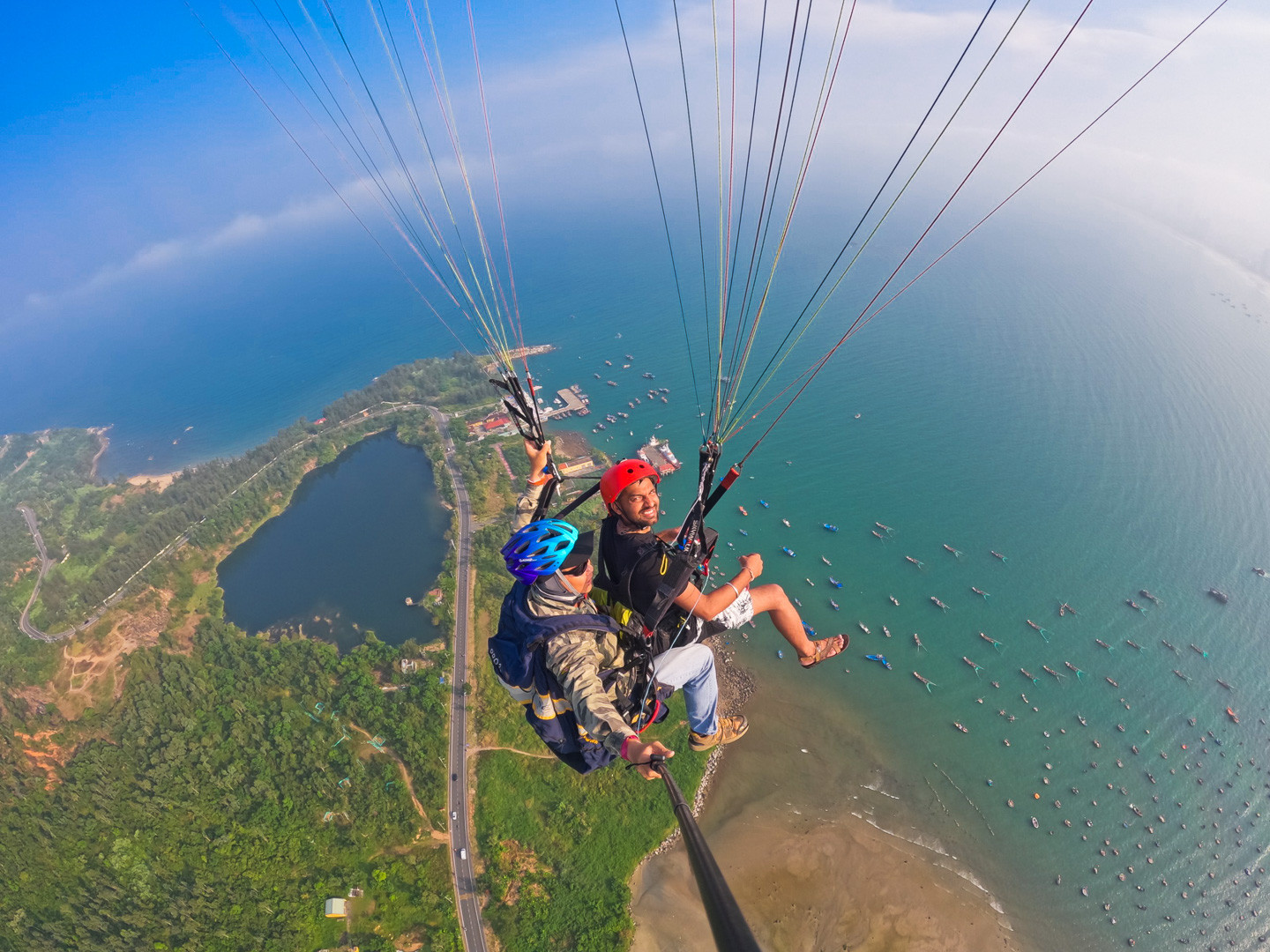
After the Government restored the immigration policy as before the Covid-19 pandemic (from March 15, 2022), the number of e-visas granted has increased 46.6 times compared to the same period before the Covid-19 pandemic.
However, due to the short duration of e-visas (up to 30 days), they have not attracted many foreigners, especially foreigners who want to stay in Vietnam for a long time, or those who want to survey, learn about the market, and seek investment opportunities in Vietnam for a relatively long time.
The Government proposes to extend the duration of e-visas to 3 months, valid for one or multiple entries, to meet the long-term vacation needs of international tourists from distant markets. This also creates favorable conditions for foreigners who want to enter Vietnam to research, survey the market, seek and promote investment, especially those who want to travel to many countries in the region and return to Vietnam to evaluate and compare the possibility of expanding investment and business in Vietnam.
According to the Government, the e-visa duration of up to 3 months is consistent with the length of stay for foreigners responsible for establishing a commercial presence, service providers, and service providers under contracts as committed by Vietnam in FTAs.
In addition, the issuance of e-visas is done through prior personnel review, therefore, compared to unilateral visa exemption, the issuance of e-visas helps immigration authorities screen out groups of people who are not eligible for entry, meeting management requirements.
Regarding the increase in the temporary stay period at the border gate for people entering under unilateral visa exemption from 15 days to 45 days , the Government said that through research on tourism trends of the tourism industry, visitors from distant markets such as Europe to Vietnam often take long vacations of 15 days or more and choose resort, cross-country and international tourism programs.
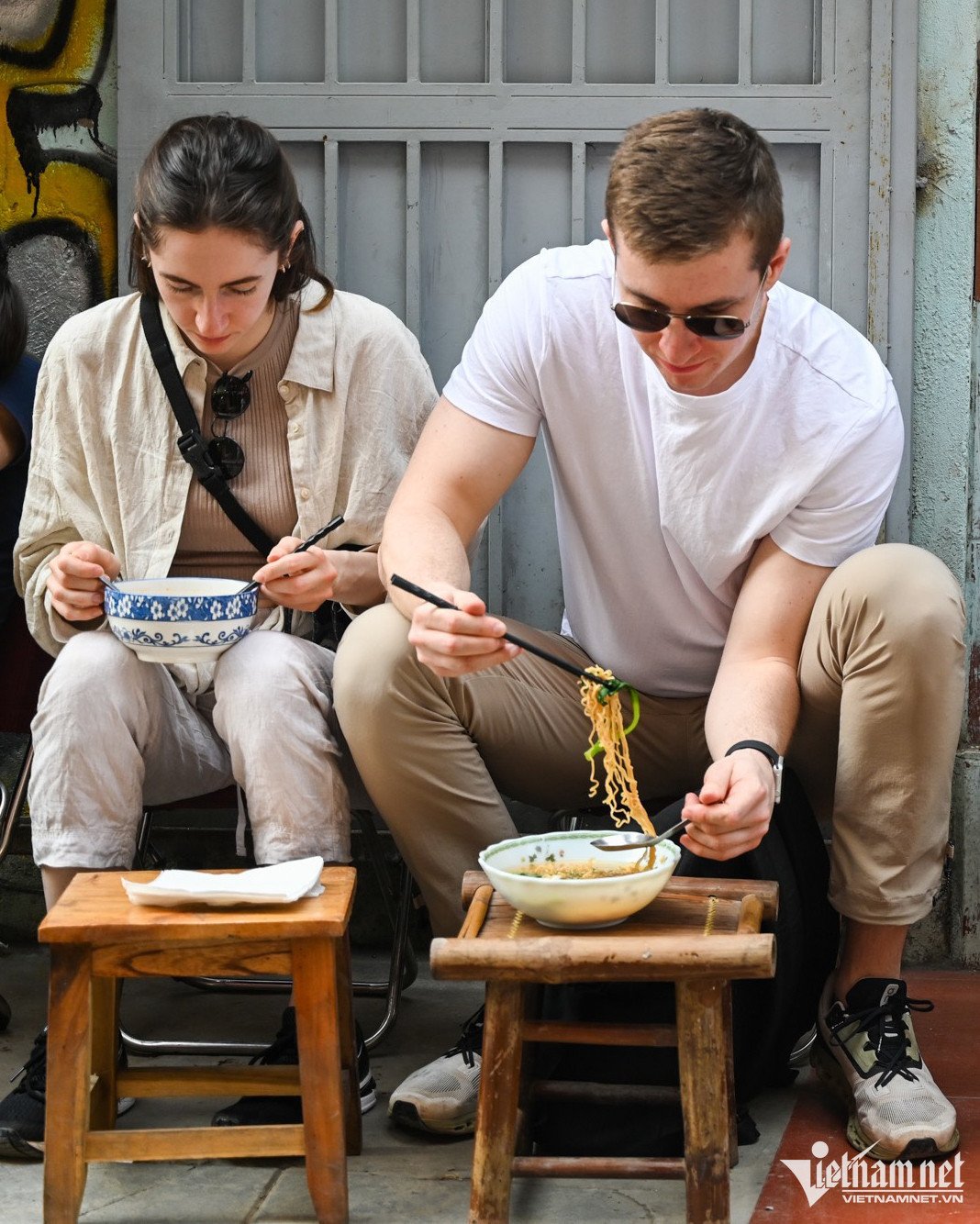
The tourism industry aims to attract beach vacationers and long-term stays to gradually compete with other countries in the region in beach tourism, while countries such as Thailand, Singapore, etc. are applying visa exemption policies with temporary stays of up to 45 days and 90 days.
Therefore, the Government believes that increasing the unilateral visa exemption period to 45 days is at the average level in the region. Thereby, it will enhance Vietnam's regional competitiveness in attracting tourists; create more convenience for international tourists, helping them to proactively plan their time and schedule for sightseeing and long-term stays in Vietnam.
The Government affirmed that the open-door policy in receiving foreigners entering Vietnam will be a great “leverage” to attract tourism, investment, business cooperation and scientific research. These are important driving forces for the development of the country’s economy in the present and future.
This law is expected to be discussed by the National Assembly at its May session.
Source


![[Photo] General Secretary To Lam concludes visit to Russia, departs for Belarus](https://vphoto.vietnam.vn/thumb/1200x675/vietnam/resource/IMAGE/2025/5/11/0acf1081a95e4b1d9886c67fdafd95ed)
![[Photo] General Secretary To Lam meets and expresses gratitude to Vietnam's Belarusian friends](https://vphoto.vietnam.vn/thumb/1200x675/vietnam/resource/IMAGE/2025/5/11/c515ee2054c54a87aa8a7cb520f2fa6e)



![[Photo] General Secretary To Lam arrives in Minsk, begins state visit to Belarus](https://vphoto.vietnam.vn/thumb/1200x675/vietnam/resource/IMAGE/2025/5/11/76602f587468437f8b5b7104495f444d)






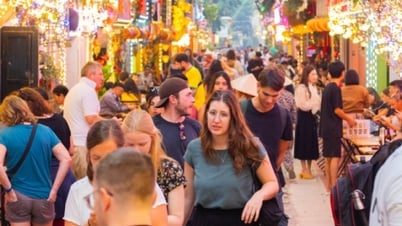

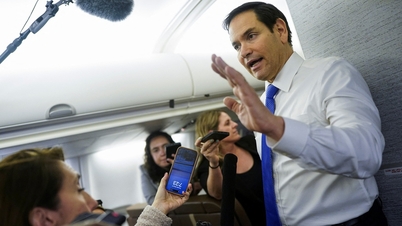





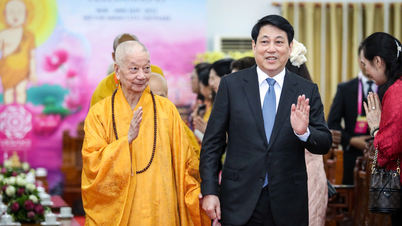
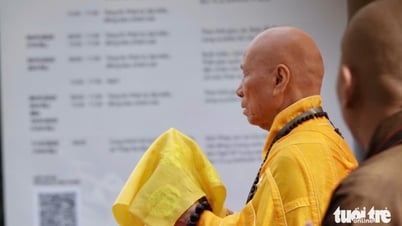

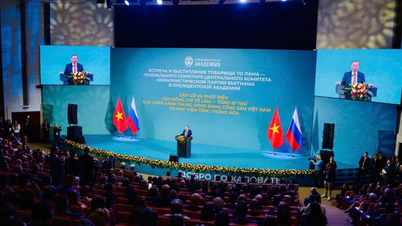




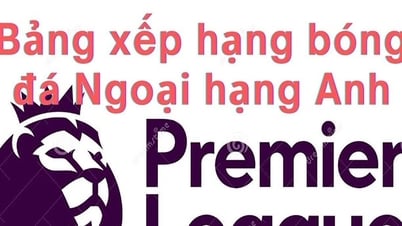






![[Photo] National Assembly Chairman Tran Thanh Man attends the Party Congress of the Committee for Culture and Social Affairs](https://vphoto.vietnam.vn/thumb/1200x675/vietnam/resource/IMAGE/2025/5/11/f5ed02beb9404bca998a08b34ef255a6)












































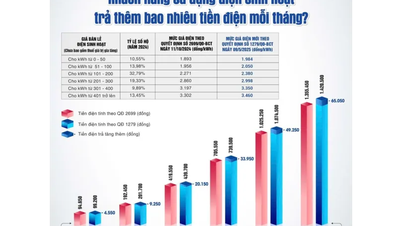

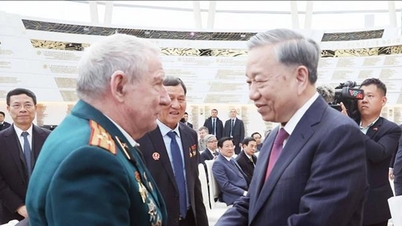
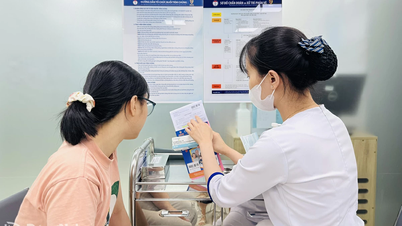

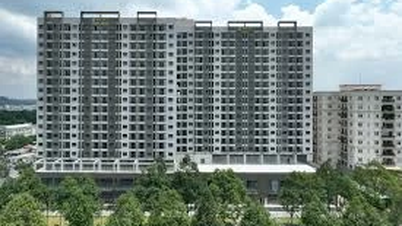










Comment (0)